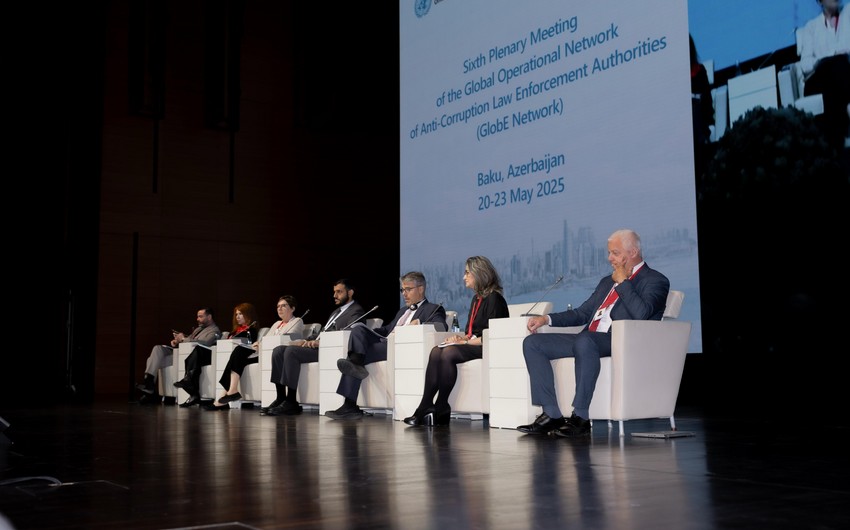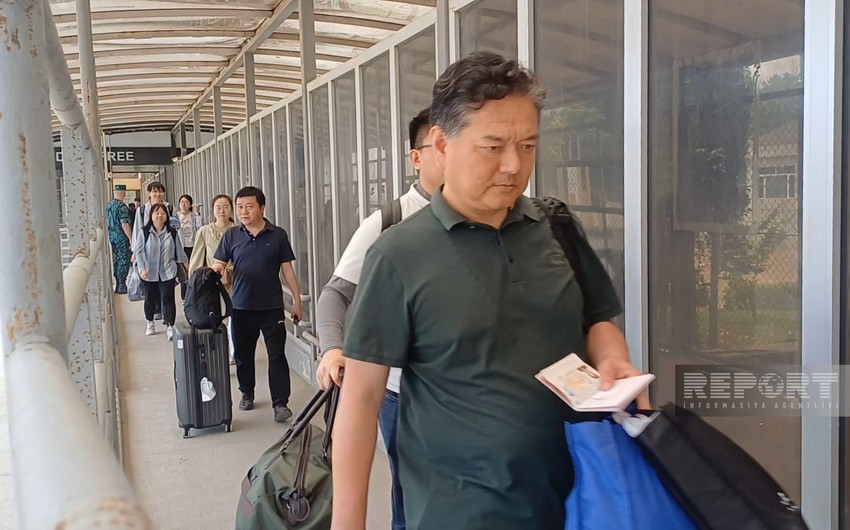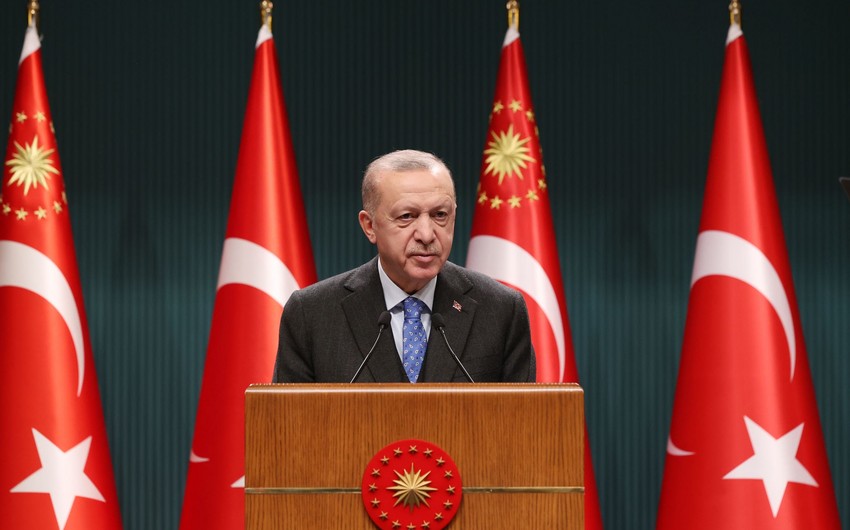As Ukraine presses ahead with military operations near the Zaporizhzhia nuclear power plant, concerns over a potential nuclear disaster loom large. Western leaders have cautioned Ukraine against such actions, highlighting the catastrophic consequences of damaging the facility.
In an interview with Ednews, Ruslan Shevchenko, a Moldovan doctor of historical sciences and political analyst, shed light on the gravity of the situation. Shevchenko emphasized that the destruction of the Zaporizhzhia nuclear power plant could result in widespread contamination, affecting not only Ukraine and parts of Russia but also neighboring countries like the Czech Republic, Hungary, Slovakia, Moldova, and Romania.
Despite Western appeals for restraint, Ukrainian authorities continue to target the nuclear facility. Shevchenko suggested that Ukraine's leadership perceives limited options in the face of escalating tensions with Russia. With diminishing support from the West and reluctance to engage in direct conflict, Ukraine resorts to unconventional tactics to exert pressure.
One such tactic involves airstrikes on Russian oil refineries, aimed at both raising oil prices and undermining the political standing of the United States and its Democratic leadership. Additionally, Ukraine's targeting of the Zaporizhzhia nuclear power plant serves as a form of retaliation against Russia, albeit with significant risks.
Shevchenko argued that Ukraine's strategy could potentially yield results, as a nuclear disaster in the region would have far-reaching economic implications for NATO countries. However, he cautioned against underestimating the potential fallout, emphasizing the urgent need for diplomatic solutions to prevent further escalation.
As Ukraine navigates through a precarious geopolitical landscape, the international community closely monitors developments, recognizing the critical importance of averting a nuclear catastrophe in Eastern Europe.










